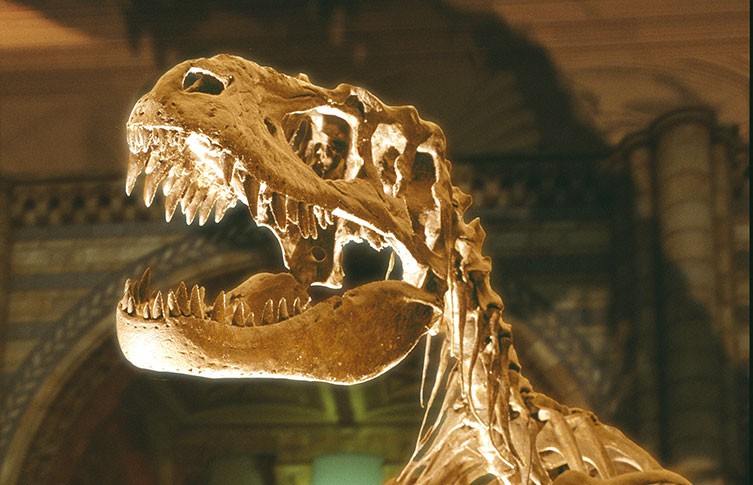Jurassic Park was first released June 11, 1993, and a trilogy of seven movies came after. This trilogy started the importance of keeping the memory of dinosaurs alive. Scientists believe that if they do find the right DNA, then they will be able to bring these dinosaurs back to life, being able clone these dinosaurs if they find even the smallest amount of DNA. Although dinosaurs have been extinct, it doesn’t mean they would function the same if they were rebirthed. This seems exciting for many, but the big question is should we bring them back?
After this project was brought up, multiple scientists like Dr. Susie Maidment at the National History Museum and Jim Patton, a biologist at the University of California, started doing research on the topic. They wanted to find out how to clone these animals, and where a good amount of DNA is and what type of species it came from. Once they find all of this information, they should be able to determine if this is even possible for future science experiments.
Although this act is risky, there may be some benefits to bringing these creatures back. Dr. Logan Kisler is an expert on DNA at the National Museum of Natural History. Dr. Kisler understands there is little to no DNA left from these dinosaurs, they are most likely deep under the ground, wedged in caves, or other places humans cannot reach alone. Dr. Kisler believes that maybe the DNA can be used to help us.
Many students here at NHS have their own opinions on the topic of bringing back dinosaurs. Junior Talia Walch said, “If we truly had the right equipment to bring dinosaurs back safely, then yes It would be cool to bring them back, but after seeing a few movies I’m not sure if I would want them back.” Big motion pictures such as the Jurassic Park trilogy and King Kong have instilled fear in humans when it comes to dinosaurs since the 90’s, but whether these are accurate depictions of their behavior is unknown.
It seems that many people don’t support the idea of dinosaurs coming back to earth. This may change over time because of scientific development, and if scientists can guarantee safety for humans. These South American reptiles can either add a little more enjoyment to our world or make it worse. They could do good for humans by providing us with entertainment or even being a new food choice. But the biggest concern is dinosaurs being a new apex predator for animals, and maybe humans too.
So, the main question still remains: should we bring dinosaurs back without knowing the risk? Or should we leave the world the way it is and with the animals it already has?
